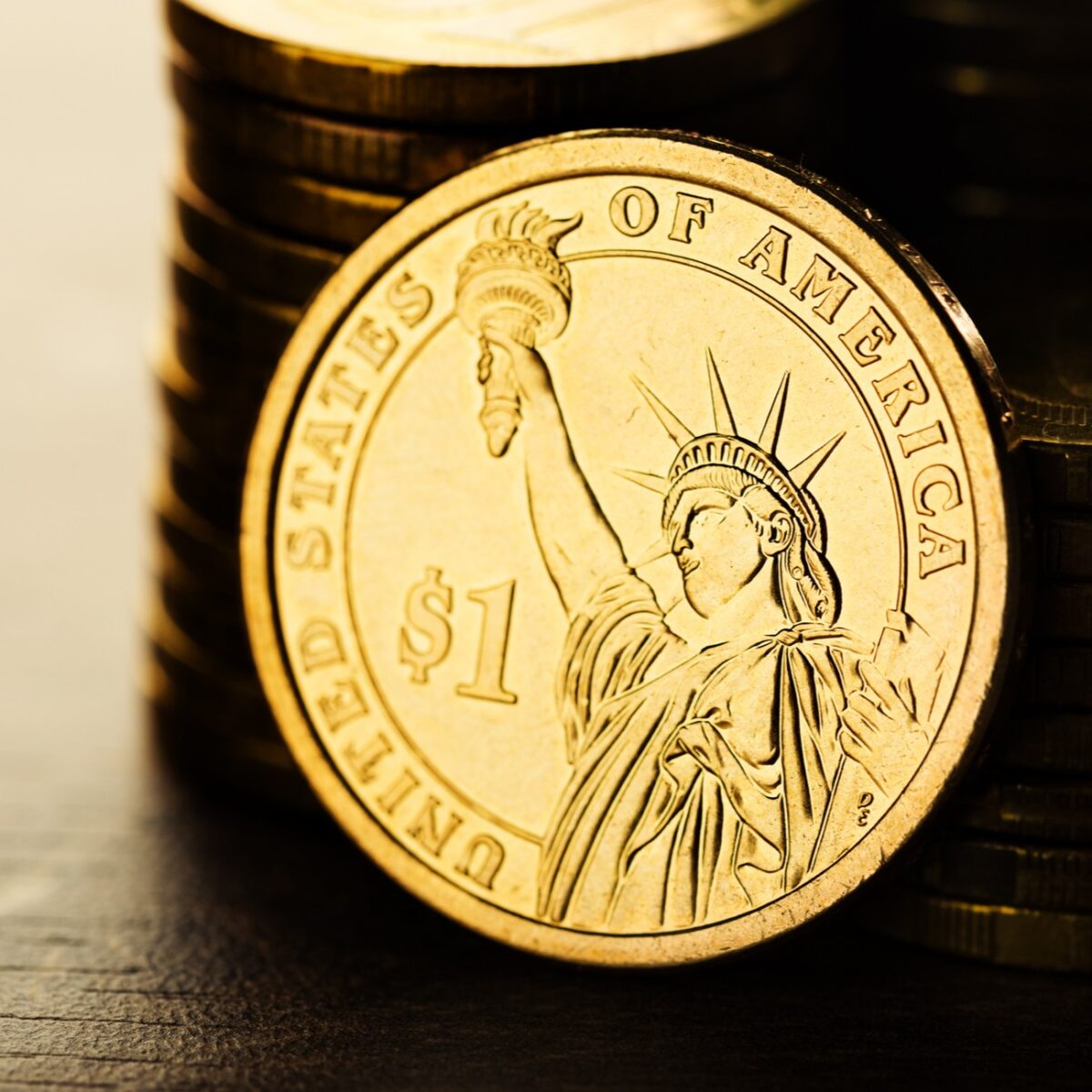PALO ALTO, Calif. (Reuters) - The Federal Reserve is looking at a broad range of problems around digital payments and currencies, including policy, style and legal considerations around possibly providing its own digital currency, Governor Lael Brainard stated on Wednesday. Brainard's remarks suggest more openness to the possibility of a Fed-issued digital coin than in the past." By transforming payments, digitalization has the possible to provide higher value and benefit at lower cost," Brainard stated at a conference on payments at the Stanford Graduate School of Organization.
Central banks internationally are debating how to manage digital financing technology and the dispersed ledger systems used by bitcoin, which assures near-instantaneous payment at potentially low cost. The Fed is establishing its own day-and-night real-time payments and settlement service and is presently examining 200 remark letters sent late last year about the suggested service's design and scope, Brainard stated.

Less than 2 years ago Brainard told a conference in San Francisco that there is "no compelling demonstrated need" for such a coin. However that was prior to the scope of Facebook's digital currency ambitions were commonly understood. Fed officials, including Brainard, have raised concerns about consumer defenses and information and personal privacy dangers that might be posed by a currency that could enter into usage by the third of the world's population that have Facebook accounts.
" We are collaborating with other main banks as we advance our understanding of reserve bank digital currencies," she stated. With more countries checking out providing their own digital currencies, Brainard said, that includes to "a set of reasons to also be making sure that we are that frontier of both research study and policy advancement." In the United States, Brainard said, problems that require study consist of whether a digital currency would make the payments system much safer or easier, and whether it might posture financial stability threats, including the possibility of bank runs if money can be turned "with a single swipe" into the reserve bank's digital currency.
To counter the financial damage from America's unprecedented nationwide lockdown, the Federal Reserve has taken unmatched steps, consisting of flooding the economy with dollars and investing directly in the economy. The majority of these relocations received grudging acceptance even from numerous Fed skeptics, as they saw this stimulus as required and something just the Fed could do.
My brand-new CEI report, "Government-Run Payment Systems Are Risky at Any Speed: The Case Against Fedcoin and FedNow," information the threats of the Fed's existing prepare for its FedNow real-time payment system, and proposals for main bank-issued cryptocurrency that have actually been dubbed Fedcoin or the "digital dollar." In my report, I talk about issues about personal privacy, data security, currency adjustment, and crowding out private-sector competition and innovation.
Proponents of FedNow and Fedcoin say the government should create a system for payments to deposit immediately, instead of motivate such systems in the private sector by lifting regulatory barriers. But as noted in the paper, the economic sector is offering a relatively unlimited supply of payment technologies and digital currencies to solve the problemto the extent it is a problemof the time space in between when a payment is sent out and when it is gotten in a Check out this site bank account.
And the examples of private-sector development in this location are numerous. The Clearing Home, a bank-held cooperative that has been routing interbank payments in numerous types for more than 150 years, has been clearing fedcoin 2020 real-time payments since 2017. By the end of 2018 it was covering 50 percent of the deposit base in the U.S.